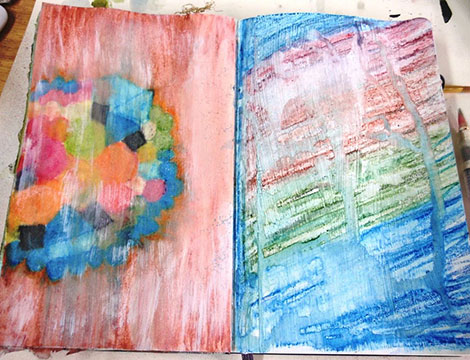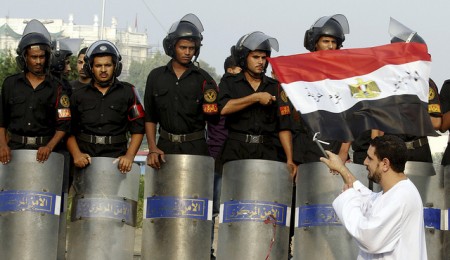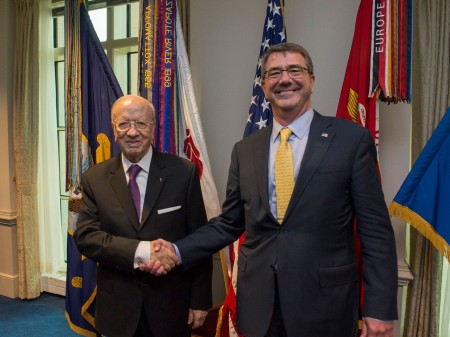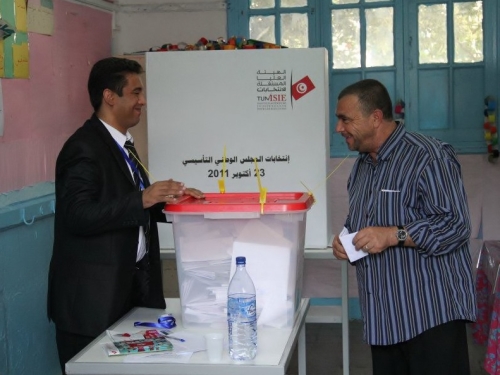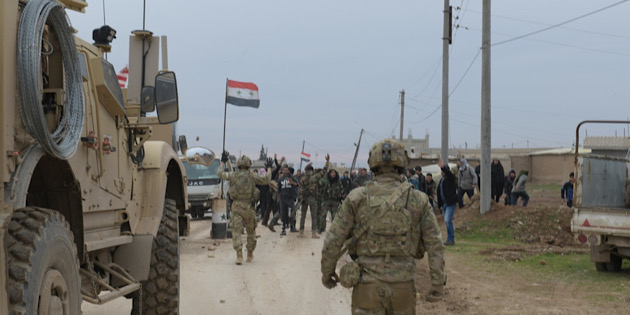 Image courtesy of Jodi Eastham/DVIDS.
Image courtesy of Jodi Eastham/DVIDS.
This article was originally published by the United States Institute of Peace (USIP) on 12 March 2020.
The engagement of external actors has protracted the conflict and Syrians civilians continue to bear the brunt.
In March 2011, as the Arab world was roiled by demonstrations, protests broke out in Syria to demand political reform after four decades of Assad rule. Nine years later, the Assad regime is on the offensive against the last rebel stronghold of Idlib, with Russia, Turkey and Iran all heavily invested in the conflict. The humanitarian consequences for Syrians cannot be overstated and a political solution to the conflict seems as distant as ever. USIP’s Mona Yacoubian discusses the dreadful toll on the Syrian population and what the battle for Idlib means for the trajectory of the conflict.

